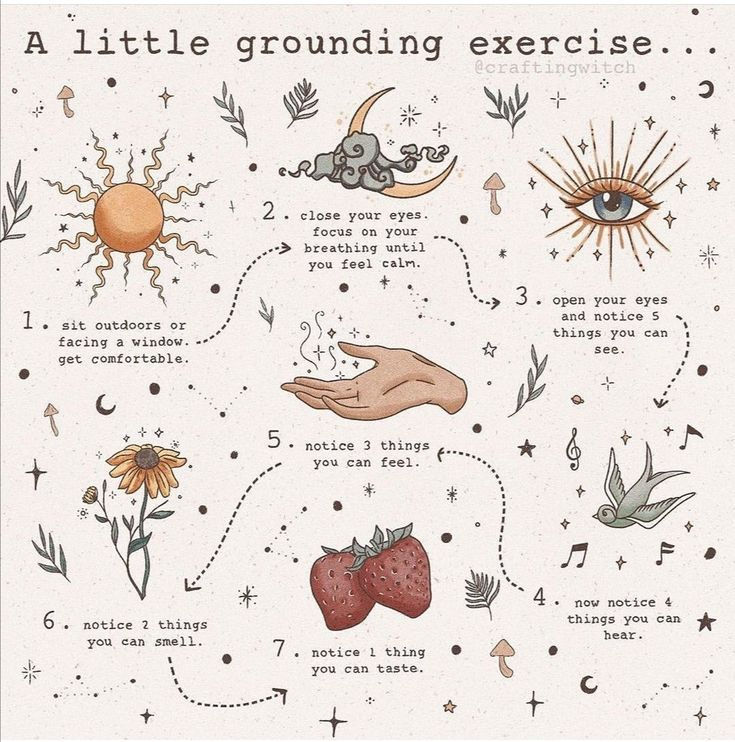Hormone Health
- TROO Living

- May 5, 2025
- 5 min read
As women we are very much affected by our hormones. Many of us hear this and are told this but are not sure what this really means. We may have noticed some pattern in our emotions connected to our menstrual cycle and have learned to say that this is caused by our hormones
but many of us do not really know what this means and what we can do to be more in control of these hormones and as a result our emotions and our life. I have been researching and want to share what I have found in as simple terms possible to help anyone else that may be as confused and uncertain about this as I have been.
Approaching perimenopause I am becoming more interested in the topic, wanting to know what I can do to prevent or support myself and have a gentle ride over to the other side of menopause. This combined with a fellow health coach, Nara Arif, giving us an amazing presentation on Hashimoto’s disease, describing how she spent years confused, undiagnosed and really struggling through life, sparked something in me and got me investigating. She shared that 1 in 8 women will develop a thyroid disorder in their lifetime and that 90-95% of hypothyroidism is actually Hashimoto’s that can go undiagnosed or misdiagnosed for years. As a health coach, with a focus on women’s health I feel it is important for me to learn as much as I can on the topic. At least I need to know what signs to look for and where to send women to get the help they need. You can learn more about Nara Arif and her offerings on her website.
The topic of hormones is much more complicated than that they fluctuate throughout our cycle and affect our mood and make us feel angry. Hormones are the messengers of the body, they carry different messages through the blood to the organs, skin, muscles and other tissues. Letting them know what to do and when. In other words they affect many aspects of our physical, mental and emotional health. Hormones, and the glands that produce them are part of our endocrine system. So far, scientists have identified more than 50 hormones in the human body. Hormones control many functions of the body, including our metabolism, our sleep/ wake cycle, our mood, our sexual function and reproduction, and our growth and development. They also help the body maintain an internal balance (homeostasis). There are many things that can affect our hormonal balance and I will talk about this a bit later.
Paul Pitchford in his book “Healing with Whole foods” talks about the thyroid gland being connected with the liver. “When the liver is stagnant, a lump may be felt in the throat, even though one cannot physically be found; when a goitre exists (an enlarged thyroid, visible as a swelling at the front of the neck), this is also a sign of congested liver”. (Page 319) From this we see that the body works in unison, every organ and system interconnected to the next. Healing can happen when we approach the body as a whole, and all aspects of life physical, mental and emotional. Seen as our body is an interconnected system where everything affects everything else, imagine what chaos ensues when the messengers that help the organs communicate and work together are out of balance.

Around the time of big life initiations such as adolescence, motherhood, menopause our hormones fluctuate even more, affecting how we feel physically and emotionally. Observing our cycle, observing the changes that occur, noticing the patterns can help us understand ourselves better. In the book “Wild Power” Alexandra Pope and Shane Hugo Wurlitzer show us the full potential of this super power which is our menstrual cycle. How to work with our cycle to optimise how we live our life with very practical suggestions. Allowing us to know when to act, when to rest, when to be out and socialising, when to go inwards and contemplate, allowing us to follow our own natural rhythms, and understanding why we react in certain ways and how to support ourselves. What our anger is trying to tell us and how to avoid getting ourselves in situations we are not in the right mindset to handle.
If you are feeling tired all the time, or are losing your hair, or have pain during menstruation, or are not able to lose weight or maybe not able to put on weight, or feel depressed, have brain fog, bloating, anxiety, extreme mood swings, you may know something is wrong with your health but doctors can’t find what it is, it could be a hormonal imbalance. Motherhood and stress are often blamed for the symptoms but deep down you know it is something more. It is important to do tests and find out exactly what is the cause. Life is not meant to be a constant struggle. It is not normal for us to suffer every 28 days from extremely painful menstrual cycles, it is not normal that we sleep 8 hours and wake up tired, with brain fog, it is not normal that we have huge mood swings all the time, it is not normal that we eat healthy and exercise but can’t lose weight, there’s something deeper going on and it is important we find what it is to heal it. For our own sake, for us to have a better quality of life, for us to have the energy to enjoy our lives and be able to play with our children we need to get to the root of the problem.
Nara Arif shared that a standard TSH test is not enough.. The list of test one should ask for are:
TSH (thyroid stimulating hormone)
Free T3 (active hormone)
Free T4 (storage hormone)
Reverse T3 (stress blocks conversion to T3)
TPO and TG antibodies (detect autoimmune Hashimoto’s)
Iron, Ferritin, Vitamin D, B12, Zinc, Selenium
We can easily get prescribed medication that will deal with the individual symptoms but the deeper causes of the imbalance are not being dealt with and are often made worse by covering up the symptoms. It is very valuable to find a holistic practitioner or functional medicine doctor, or a doctor willing to go deeper so that you can heal from the primary cause.
Things that can cause hormonal imbalance are :
Blue light from screens and tv at night
House hold cleaning products
Perfumes and perfumed creams and lotions
Stress
The contraceptive pill
Gluten and refined sugar, inflammatory foods
Eating animal products pumped with hormones so they grow faster
Non organic fruit and vegetables full of glyphosate and other pesticides
Air polution
Things that can help:
Tracking your menstrual cycle (check the red school and the book wild power, and wise power which i am still reading..)
Not using electronic devices close to sleep time, start to wind down early on
Wearing glasses that block blue light if you have to work at night.
Use body products made of all natural ingredients, ideally they are made by ingredients you could eat, since our skin absorbs everything we put on it
Clean your home with natural products, essential oils, vinegar, bicarbonate of soda.
High protein, anti inflammatory diet (no gluten, little sugar)
Liver support (bitter foods, dandelion, milk thistle)
Calming the nervous system (meditation, breathing exercises, yoga, grounding)
Water filter (removing chlorine, fluoride and heavy metals)
No plastics
Exercise
Time outdoors
Healthy fats
Organic, whole foods
Optimal health is achieved when we make small sustainable changes that we can become a way of life. We approach health holistically, making changes in every area of our life. Slowly, gently, and in a way that we can sustain.
All images were sourced online and credits go to their creators.. if you click on the image you will get the website where i got the image from.











Comments